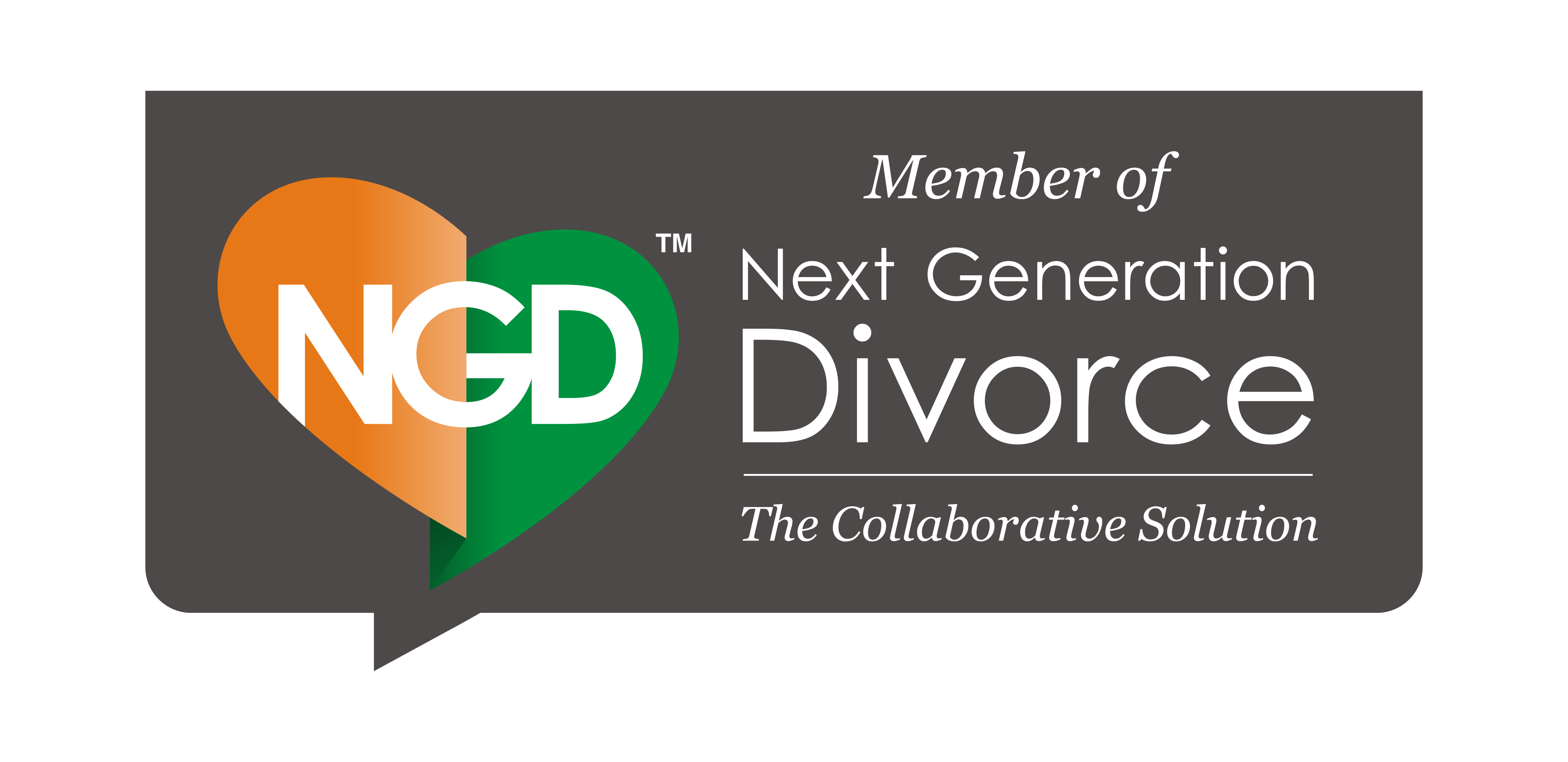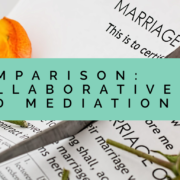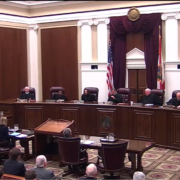Sample Collaborative Participation Agreement
Is divorce on your horizon? If so, are you fearing entering a public adversarial system where husband is pitted against wife, and mother is pitted against father? Fortunately, there are alternatives. One alternative is the collaborative divorce process, where you and your spouse sign a participation agreement that states, among other things, that your attorneys can only be used to help you reach an agreement outside of court. This means that none of you or your attorneys’ time, energy, or billable time goes towards opposition research, motion practice, or costly trial preparation.
The collaborative participation agreement spells out the rules of the collaborative process. Below you will find a sample participation agreement that I oftentimes use in my cases here in Florida. Please note that different professionals and different communities use different participation agreements. Further, the same professional may have different participation agreements depending on the type of matter or the complexity of the matter.
As I have had the fortune to model my participation agreement based on the work of others, I welcome other professionals to modify and adapt the collaborative participation agreement below as their own:







 However, the attorneys are also there to safeguard the process. If an attorney believes that his or her client is no longer acting in good faith, or is only attempting to damage the other spouse, the attorney may have the right to terminate the process. This shuts down behavior meant to harass the other spouse. If the attorney believes his or her client can put the need for revenge aside, the collaborative process may continue. If not, the collaborative attorney has a duty to ensure that the process is not being used as a tool for vengeance.
However, the attorneys are also there to safeguard the process. If an attorney believes that his or her client is no longer acting in good faith, or is only attempting to damage the other spouse, the attorney may have the right to terminate the process. This shuts down behavior meant to harass the other spouse. If the attorney believes his or her client can put the need for revenge aside, the collaborative process may continue. If not, the collaborative attorney has a duty to ensure that the process is not being used as a tool for vengeance.

